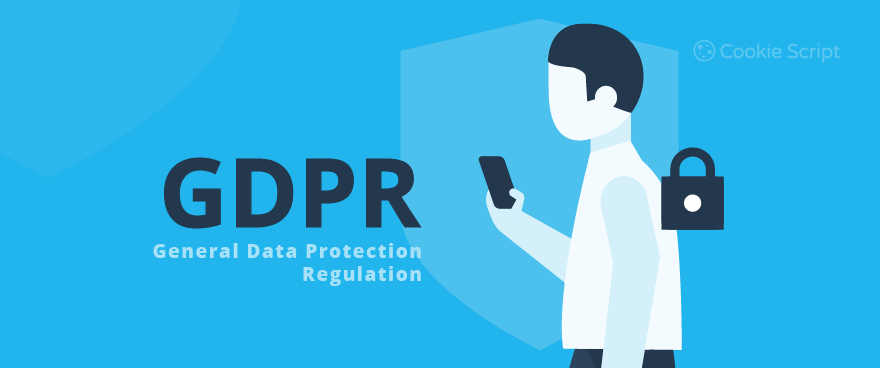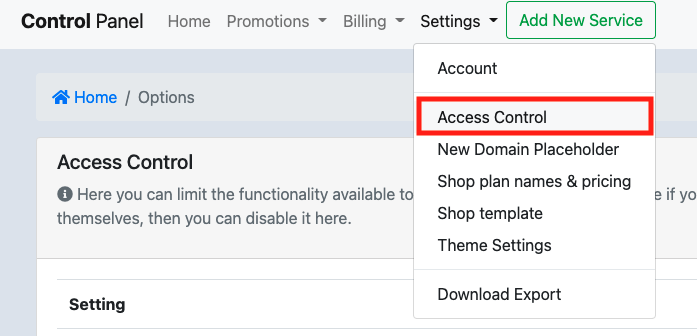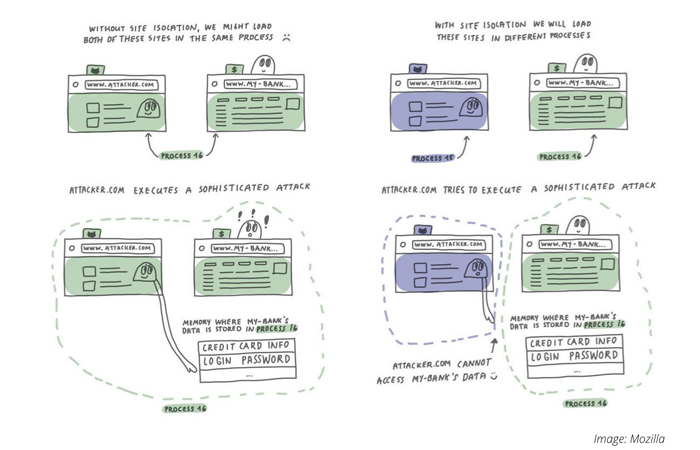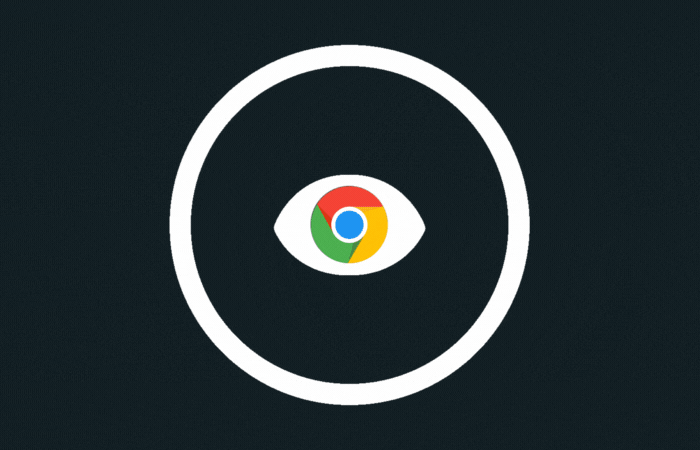What can you do to make your WordPress website faster? A fast loading website provides an improved user experience and higher rankings in Google and that is good for your website/business.
1. Install a caching plugin
What is it? Caching ensures that your page does not have to be “made” continuously. Making it costs a lot of computer power. Once the page is created, the server can remember it for a certain amount of time in a cache.
Install a caching plugin such as W3TC , WP Super Cache for caching your pages, making your site load faster: In WP admin go to Plugins> Add New> Search Plugins> [keyword]> Install Now. After installation, walk through the settings and check your website to see if everything is doing well. WP Super Cache has a Lockdown mode if you expect a lot of traffic. Furthermore, WP Super Cache can already pre-cache all pages, so cache everything in advance (normally it will not cache a page until you visit that page). By default, the cache time is half an hour (1800 s.) But you can also set it higher if you do not make many updates.
2. Remove or replace slow plugins
You can measure this via the P3 profiler plugin. If there is a slow plugin you can see the time it takes to load the plugin. You can then decide whether to replace the plugin with the same kind of plug-in from another maker or to opt for a website that is faster but without the relevant plug-in.
3. Replace large pictures automatically
Replace large pictures automatically with plates to the correct size/compression. For example, you can use the TinyPNG or Smush It plugins to automatically reduce images in terms of file size. The original can also be compressed. In this case, I would have a backup of your images on hand. With these plugins, registration is necessary, because they reduce your images on their own servers. In the free version you also have a limit in terms of monthly compressions (Tiny PNG: about 100 per month) which is enough for a small website. To get an idea of the costs if you do pay: about $4 for 1,000 pictures. By default it works for new images, but you can also have existing images reduced via the menu Media> Bulk Optimization.
4. Optimizations: lazy loading, central libraries, compression
Speed Booster Pack combines lazy loading and google libraries and has other options to compress javascript. Lazy loading: Why load the entire page if your visitor does not (yet) look at it. Loads the images only when they come into view, so your page is loaded faster and files are not downloaded unnecessarily. With Google libraries, you increase the chance that the visitor has already loaded it in his browser (when visiting another site), so your website loads faster. Many themes and plugins all use the same libraries, such as jQuery etc. and load them from their own site, while using a central copy is much more efficient.
You can of course also use separate plugins, such as BJ Lazy Load and the Use Google Libraries plugin, but I would only do that if Speed Booster Pack does not work.
5. Use a CDN
What is it? A worldwide Content Delivery Network: load your images, javascript, stylesheets from a server close to the visitor anywhere in the world. The website is still on your server, but much of the content can be downloaded from a nearby server. This is entirely automatic.
So use a CDN. A CDN is available on all dedicated hosting and on request. Contact support. With the CDN data in hand, you can enter it in your W3TC cache plugin.
6. Use mod pagespeed (dedicated server)
For dedicated servers, we offer the possibility to enable mod pagespeed. This means that a large number of the above options are automatically arranged: delivering images at the right size, compressing scripts etc. This is done at web server level and is not bound to WordPress. Contact support to enable it on your dedicated server.











